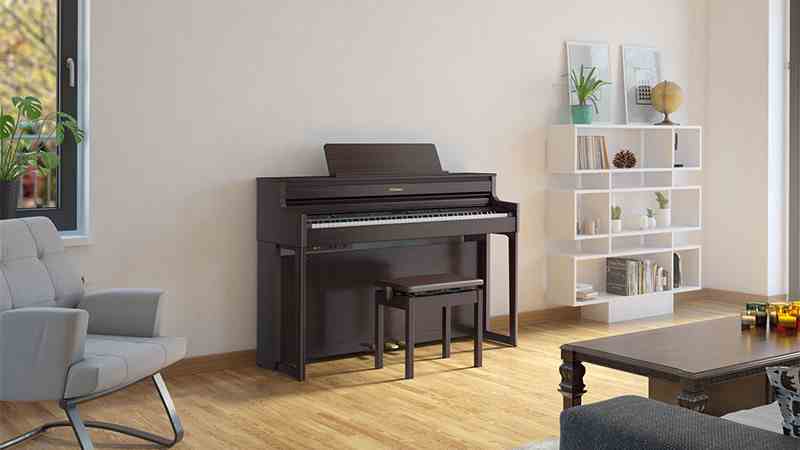Refer to the 5 most useful how to maintain an electric piano
An electric piano is an instrument that brings melodious tunes, helping you relax and entertain after hours of studying and working hard. However, to keep your electric piano looking new and enduring, you need some basic knowledge about maintenance. Below are 5 useful tips that Pianos in the Parks would like to share with you on how to maintain an electric piano.
Read More:
- Tips Improve Your Piano Technique
- 12+ Benefits of Playing Piano
- How Many Piano Keys Are On A Piano?
- Grand Piano vs Upright Piano
- Keyboard Piano Keys Layout
Keep it Clean
- Dust Regularly: Dust can accumulate on the keys and inside the piano, affecting its performance. Use a soft, dry cloth to wipe the keys and the surface of the piano.
- Avoid Harsh Chemicals: When cleaning, avoid using harsh chemicals or abrasive materials. Instead, use a slightly damp cloth for tougher spots.
Control the Environment
- Temperature and Humidity: Electric pianos are sensitive to extreme temperatures and humidity levels. Keep your piano in a room with a stable climate, ideally between 68-72°F (20-22°C) and with a humidity level around 40-50%.
- Avoid Direct Sunlight: Exposure to direct sunlight can cause the piano’s casing to fade and the internal components to overheat. Place the piano away from windows and direct light sources.
Handle with Care
- Proper Placement: Ensure your piano is placed on a stable, flat surface to prevent any risk of falling or damage.
- Move Carefully: If you need to move your piano, do so gently and avoid dragging it across the floor. Use proper lifting techniques or get help to prevent any strain or damage.

Regular Maintenance
- Check Connections: Periodically check all cables and connections for any signs of wear or damage. Replace any faulty cables immediately to avoid performance issues.
- Software Updates: If your electric piano has software, ensure it is up to date. Manufacturers often release updates that can improve performance and add new features.
Use Proper Accessories
- Cover when not in Use: Use a dust cover to protect your piano from dust and debris when it’s not in use.
- Use a quality Stand: Ensure your piano is on a sturdy and appropriate stand to provide the necessary support.
Professional Servicing
- Regular Check-ups: Schedule regular servicing with a professional technician to check the internal components and make any necessary adjustments or repairs.
- Address Issues Promptly: If you notice any issues with the sound or functionality of your piano, seek professional help immediately to prevent further damage.
Conclusion
How to maintain an electric piano not only preserves its sound quality but also prolongs its lifespan. By following these steps, you can enjoy your musical instrument for many years to come. Pianosintheparks wishes you successful implementation!




Leave a Reply
Want to join the discussion?Feel free to contribute!